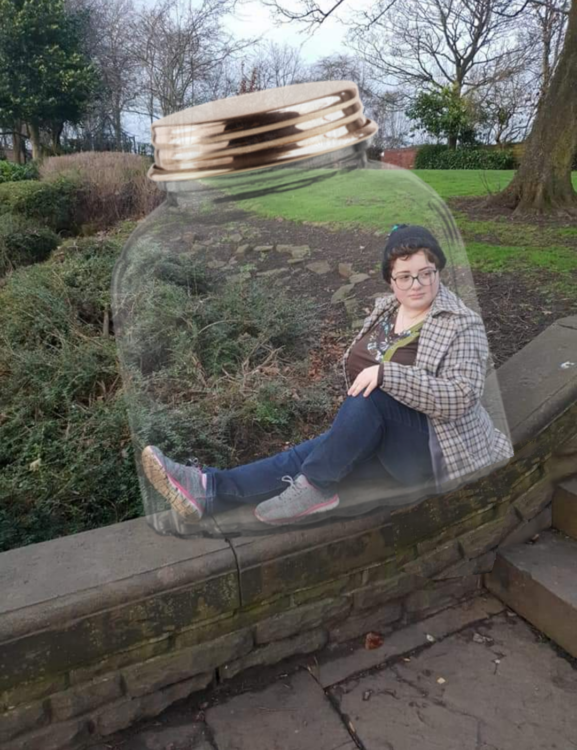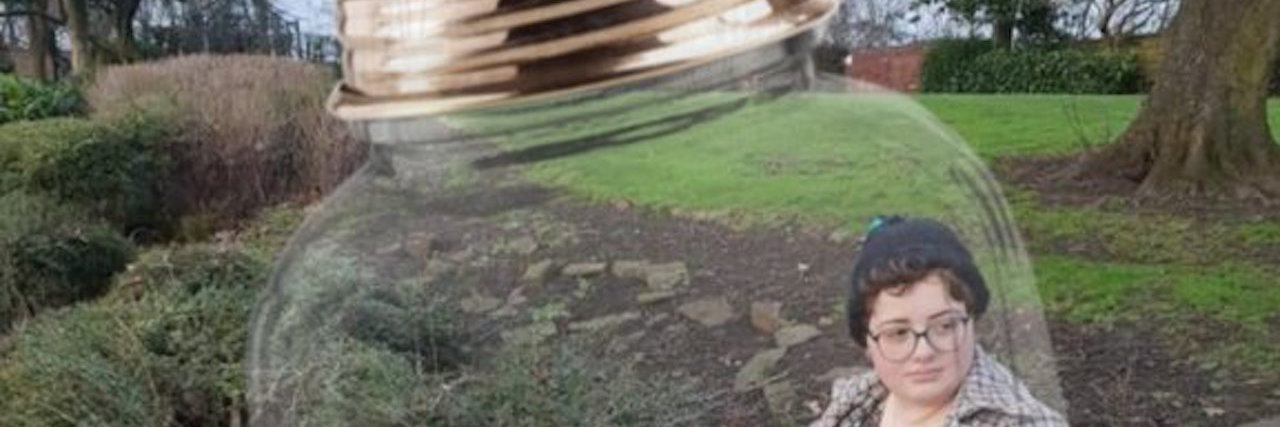Imagine you’re stuck in a glass jar watching everyone else enjoy their freedom and independence. Like you, they’re young, enjoying meeting friends, going to university or making themselves a career. You want nothing more than to join them, but if you try to push the jar over to join, its going to fall onto concrete, shatter everywhere and hurt you.
Well, that’s pretty much what it feels like to be young and chronically ill. You want nothing more than to be “normal.” Every day you sit there in your glass jar, watching people enjoying their lives and wondering how they are doing things such as dancing, meeting friends and exercising completely free of pain and fatigue.
Maybe one day, you decide to break that glass jar to join in. But of course, the shattered glass hurts you, and you spend the whole day struggling along while in pain. And at the end of the day, you end up back in the fixed jar, feeling much worse than before.
This pretty much sums up what it feels like having a chronic illness, it’s a real double-edged sword. You either rest and allow your body to remain relatively OK, or you try to function like any other person and end up suffering for it.
As someone who has various illnesses, I hate that feeling I get on a night, knowing that I could wake up the next day feeling terrible, or that dread that I have to go out the next day, knowing ill pay for it later.
Then, once you leave your house, there’s the fear that your embarrassing, uncontrollable symptoms might flare up in a public place. It can feel like a real losing battle knowing we can’t win.
Or can we? Yeah, it’s difficult for us, but with the help of those around us, with careful planning, sometimes we can leave our jars carefully. We might still spend the day with a pieces of broken glass stuck in us, but it’s OK, we planned for this. Plus, its OK to not be OK.
Getting out and about is a struggle for anybody with a chronic illness, and if you think of the broken glass metaphor, you wouldn’t tell someone to “cheer up” if they were literally walking around covered in glass.
This careful planning looks different for everybody. For me, it comes in the form of carrying a backpack everywhere, full of all the medical stuff I might need. But for others, it could be something as simple as checking if where you’re going is accessible, seeing where all the public toilets are beforehand, or even just making sure someone stays with you at all times.
Yes, it’s difficult for us to leave those jars that trap us, but we still do it, even if it hurts us, even if we know it will hurt us.
After all, who would want to spend their entire life sitting there, watching everyone else living theirs?


